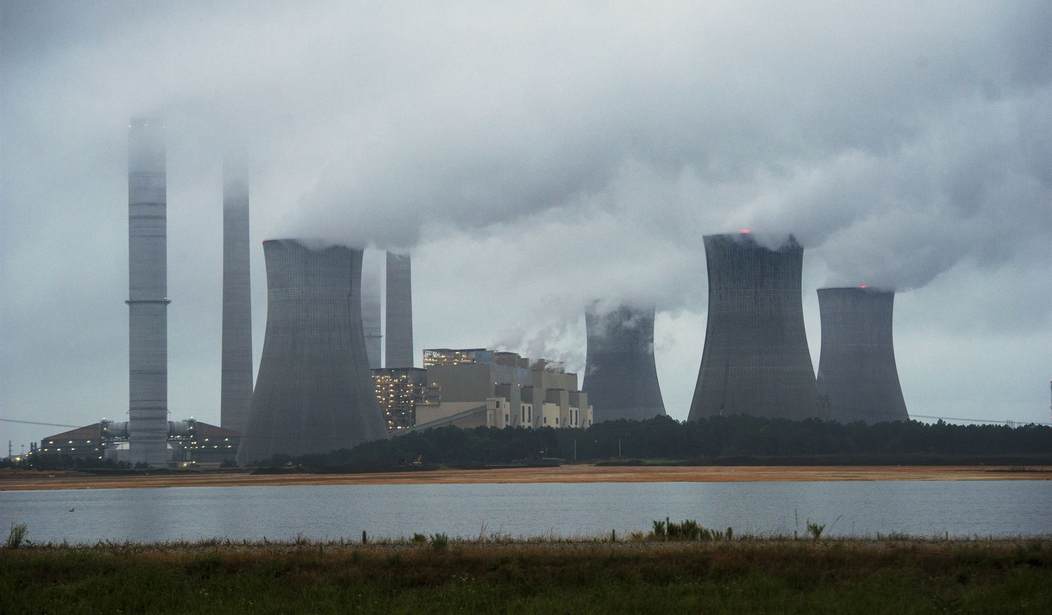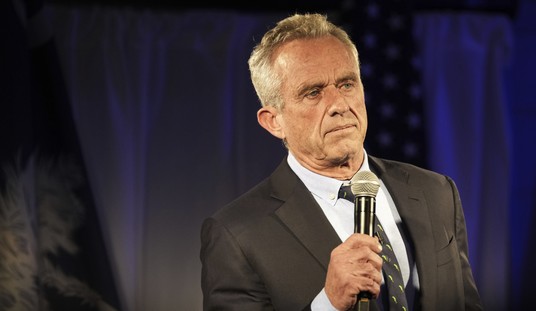On Monday, a representative of the British government announced an agreement by the G7 nations to shut down coal-powered electrical generation by 2035.
This seems wildly unlikely, and the agreement doesn't have any impact on non-G7 nations like China and India, who are continuing to build coal-fired power plants with abandon.
The G7 nations seem to be banking on the assumption that their actions could influence the other nations of the world.
Putting an end date on coal — the most climate-polluting fossil fuel — has been highly controversial at international climate talks. Japan, which derived 32% of its electricity from coal in 2023, according to the climate think tank Ember, has blocked progress on the issue at past G7 meetings, CNN has previously reported.
“We do have an agreement to phase out coal in the first half of the 2030s,” Andrew Bowie, a UK minister at the Department for Energy Security and Net Zero, told Class CNBC in Turing, Italy. “This is, by the way a historic agreement, something that we weren’t able to achieve at COP28 in Dubai last year.”
“So, to have the G7 nations come around the table to send that signal to the world — that we, the advanced economies of the world are committed to phasing out coal by the early 2030s — is quite incredible.”
Incredible, in the original sense: Too extraordinary and improbable to be believed.
The American Environmental Protection Agency (EPA) has put in regulations as well, requiring American coal plants to either capture their carbon output or shut down by 2039. That also seems rather incredible.
The US State Department declined to comment on the G7 agreement. Last week, the US Environmental Protection Agency announced new rules that will require coal-fired power plants to either capture nearly all of their climate pollution or shut down by 2039.
Across the G7, roughly 16% of electrical generation is coal-fired. It won't be easy to replace that with "renewable" sources, and there is no mention of alternatives - like nuclear power.
See Related: New York Cancels Three Major Offshore Wind Projects, Joe Biden Hardest Hit
Joe Biden Sucks Up to AOC and Slaps at Israel During Mind-Bending Earth Day Event
The United States has already reduced pollution from power plants by switching from coal to natural gas, which is not only cleaner but has significantly greater energy density. But coal still represents about 20 percent of all electrical generation (as of 2022, the most recent year for which data is available) in the United States, higher than the G7 average.
There does not appear to be any information forthcoming from the G7 about nuclear power, which in the U.S. makes up about 18 percent of power generation.
These goals are not realistic. The G7 is proposing to replace 16 percent of member nations' electrical generation capacity in only 11 years; for the United States, that number is 20 percent. It's unlikely that any major power-generation plants could even pass through the onerous federal permitting requirements by 2035. If nuclear power is on the table, as it should be, given that it actually is a clean, carbon-free proposition, we can probably safely add a decade or two to that - if the process was started today.
It's just not possible to meet these goals without nuclear power.
This proclamation seems to be big on talk but short on details. There is no statement (yet) as to what technology will replace the coal-fired plants; there is no recommendation for the member nations to explore nuclear power or any other alternative. This appears to be a non-solution proposed to solve a non-problem and, come 2035, is bound to cause the G7 nations no small amount of embarrassment.
All this is to deal with a climate issue by reducing carbon emissions. And for the hundredth time, I'll start believing there's a climate crisis when the people who keep telling me there's a climate crisis start acting like there's a climate crisis.















